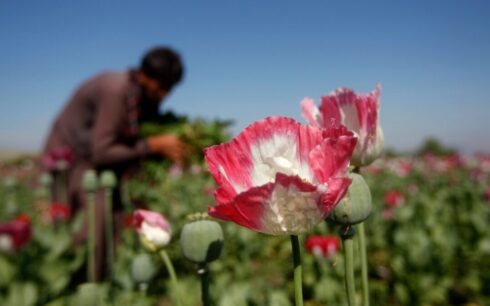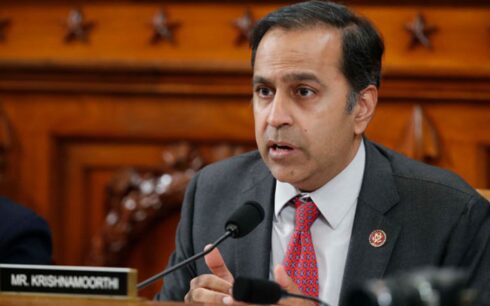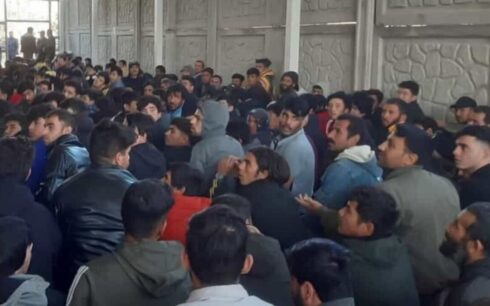Pakistan has expressed cautious optimism regarding the Taliban’s ability to effectively combat cross-border terrorism and foster cooperation similar to that alluded to by US President Joe Biden between the de facto rulers and Washington, according to a senior Pakistani diplomat.
Asif Durrani, Pakistan’s special representative on Afghanistan Affairs, explained in an exclusive interview with VOA that the Taliban has recently taken measures to address Pakistan’s concerns about cross-border terrorism, as well as those of neighboring countries like China. Durrani emphasized the need to refrain from speculating on the outcome at this early stage.
Over the past two years, since the Taliban returned to power in Kabul, Pakistan has experienced a significant surge in terrorist attacks, which have claimed the lives of many Pakistanis, including security forces. Islamabad maintains that these attacks are orchestrated by fugitive leaders and fighters of Tehreek-e-Taliban Pakistan (TTP), which is engaged in a deadly insurgency against the Pakistani state.
While acknowledging the seriousness of the issue, Durrani highlighted that steps are being taken to neutralize the TTP. Responding to reports of the Taliban moving TTP members away from areas in Afghanistan bordering Pakistan, he said the results are yet to be seen. Durrani welcomed the potential for peace along the borders if the relocation of TTP fighters materializes.
Durrani revealed that Islamabad had engaged in talks with fugitive TTP leaders at the request of the Taliban, aiming to persuade them to cease violence. However, the process broke down last year due to “ridiculous” demands by the militants. He emphasized that Pakistan has exhausted the dialogue option, leaving surrender and facing the law as the only recourse. Pakistani military operations have significantly curtailed the TTP’s territorial control, and their relocation from border areas indicates that they have become a liability for Afghanistan’s Taliban.
Tahir Khan, a Pakistani journalist, stated that the Taliban’s steps have instilled confidence in Pakistan, noting that no attacks have been carried out in the border areas for a considerable period.
While Islamabad maintains a warm relationship with the Taliban, it disagrees with the Taliban’s claim of not allowing terrorist groups to operate in Afghanistan. The special representative of Pakistan asserts that the Pakistan Tehreek-e-Taliban, the Turkestan Islamic Movement, and other groups are present in Afghanistan, raising concerns.
Some politicians argue that the Taliban will alleviate Pakistan’s pain caused by the TTP. However, by providing shelter to TTP fighters in northern Afghanistan, they risk turning the country into a refuge for terrorists, posing a threat to Central Asia and altering the region’s demographic landscape.
Abdullah Qarluq, deputy of the Afghanistan National Movement Party, warned that such actions would cause anxiety, insecurity, and an increase in the influence of extremist groups in Central Asian countries, potentially leading to the disintegration of ethnic communities in the north and northeast.
The Taliban has confirmed the relocation of individuals they refer to as “Pakistani immigrants” in various parts of the country. However, many politicians from Afghanistan believe that the Taliban’s actions will ignite a new conflict in northern Afghanistan.





